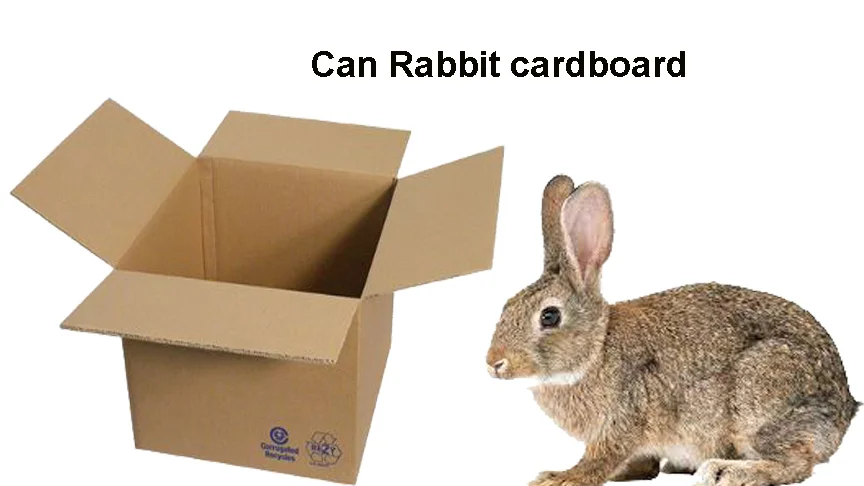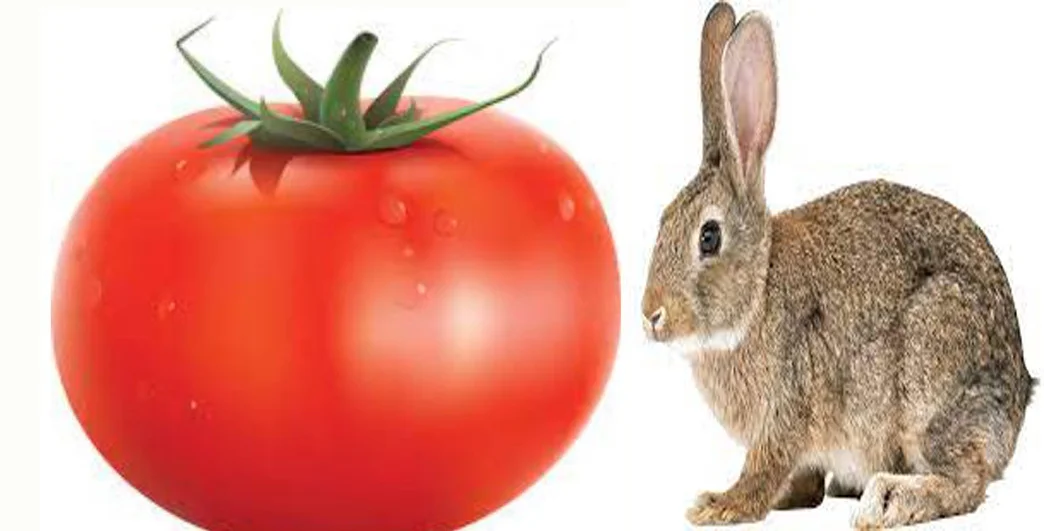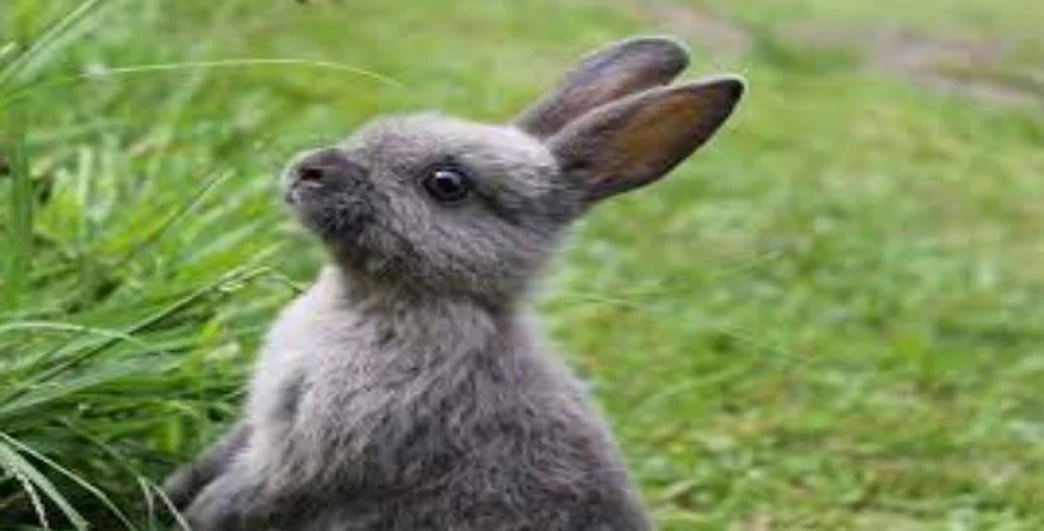This behavior often leads to concerns regarding their safety and the potential health risks associated with consuming cardboard. In this blog post, we will explore whether rabbits can eat cardboard and provide insights into ensuring your bunny’s well-being.
Can Rabbits Eat Cardboard? Bunny and Cardboard
Understanding a Rabbit’s Digestive System
Before delving into the topic, it’s crucial to understand a rabbit’s unique digestive system. Rabbits are herbivores and have evolved to thrive on a diet primarily consisting of hay, fresh vegetables, and limited amounts of fruits and pellets. Their digestive system is designed to process fibrous materials efficiently, as they have a specialized organ called the cecum.
The Cecum and Fermentation Process
The cecum, located at the junction of the small and large intestines, plays a vital role in a rabbit’s digestion. It acts as a fermentation chamber where beneficial bacteria break down cellulose and other complex plant fibers into digestible nutrients. This process is essential for a rabbit’s overall health and well-being.
Can Rabbits Safely Eat Cardboard?
While rabbits have a natural instinct to chew on various materials, including cardboard, it is not an appropriate food source for them. Cardboard lacks the necessary nutritional value and fiber content that rabbits need to maintain a healthy digestive system. Ingesting cardboard can pose several risks to a rabbit’s well-being, including:
Gastrointestinal Blockages: Cardboard, especially when consumed in large quantities, can create blockages in a rabbit’s digestive tract. This can lead to severe health issues and may require immediate veterinary attention.
Dental Problems: Chewing on cardboard does not provide the necessary dental wear that rabbits require. Rabbits have continuously growing teeth, and insufficient wear can result in dental problems such as overgrowth and malocclusion.
Toxic Chemicals: Many cardboard boxes and packaging materials contain adhesives, dyes, and other chemicals that are potentially harmful if ingested. These substances can be toxic to rabbits and may cause gastrointestinal distress or poisoning.
Safe Alternatives for Chewing
To satisfy a rabbit’s natural chewing instincts and promote its dental health, it is essential to provide safe alternatives. Here are some suitable options:
Hay: Fresh, high-quality hay is a staple in a rabbit’s diet and an excellent chewing material. It not only provides the necessary fiber but also aids in maintaining healthy teeth.
Rabbit-Safe Toys: There are numerous toys available specifically designed for rabbits. Look for toys made of natural materials, such as untreated wood or woven grass, which can provide safe chewing options.
Apple Tree Sticks: Apple tree sticks are safe and enjoyable for rabbits to chew on. Ensure they are obtained from pesticide-free sources and thoroughly washed before offering them to your bunny.
Final Thought
In conclusion, while rabbits may exhibit a desire to chew on cardboard, it is not a safe or appropriate food source for them. Cardboard lacks the nutritional value and fiber content necessary for a rabbit’s well-being and can lead to various health risks. To ensure your bunny’s health, provide them with a balanced diet consisting of hay, fresh vegetables, limited fruits, and pellets. Additionally, offer safe chewing alternatives such as rabbit-safe toys or apple tree sticks. By understanding and catering to a rabbit’s unique digestive and chewing needs, you can help them live a happy and healthy life as your beloved companion.

I am a veterinarian and owner of 10 rabbits. I am serving as a veterinarian for 17 years, All the latest and most helpful information about their food and the pros and cons of feed and Healthy diet benefits. I educate pets, about proper animal care, disease prevention, and responsible pet ownership, perform surgeries, administer vaccinations, prescribe medications tailored to the specific needs of each animal, diagnose, and treat illnesses, and injuries in animals and providing medical care to ensure their well-being.



